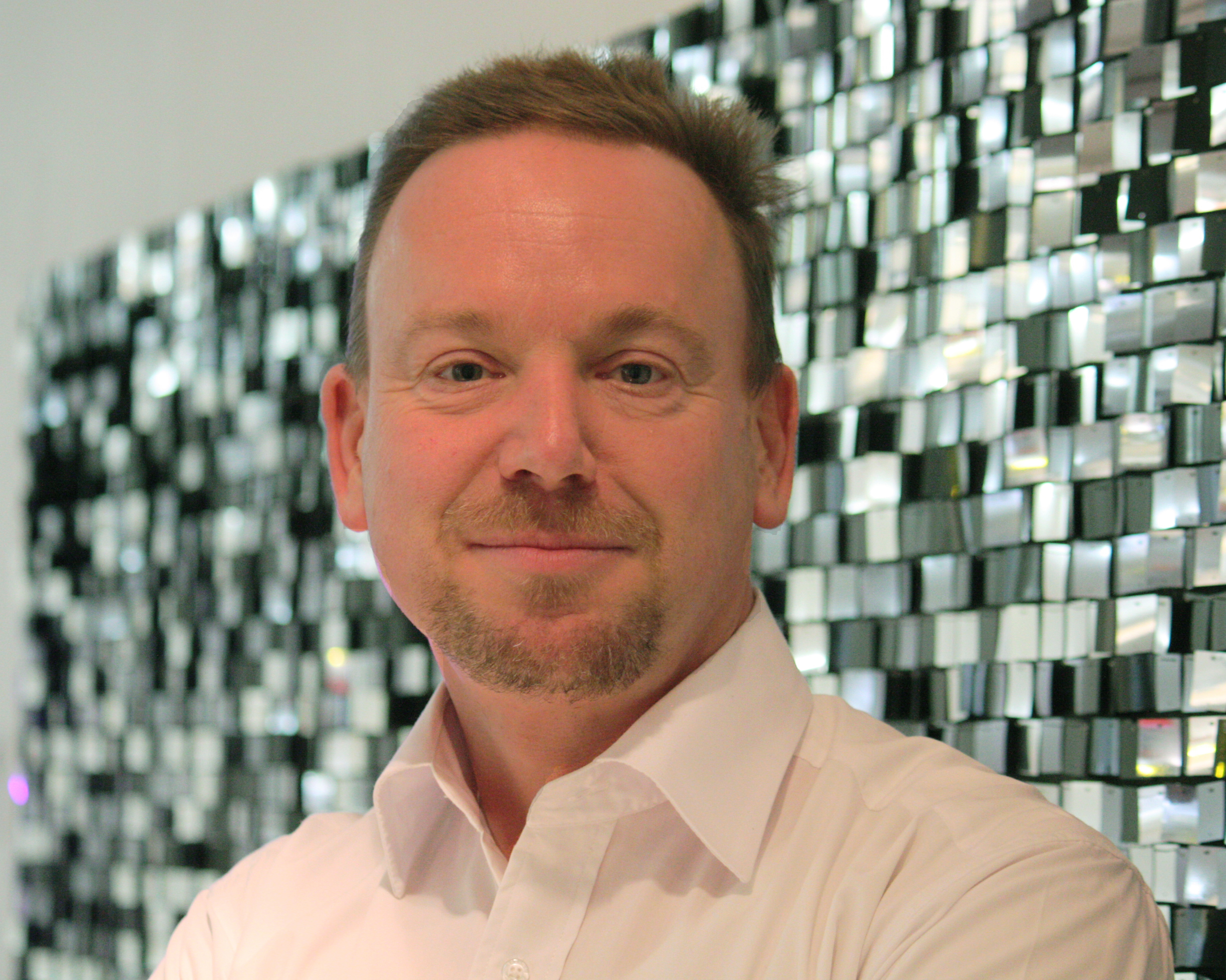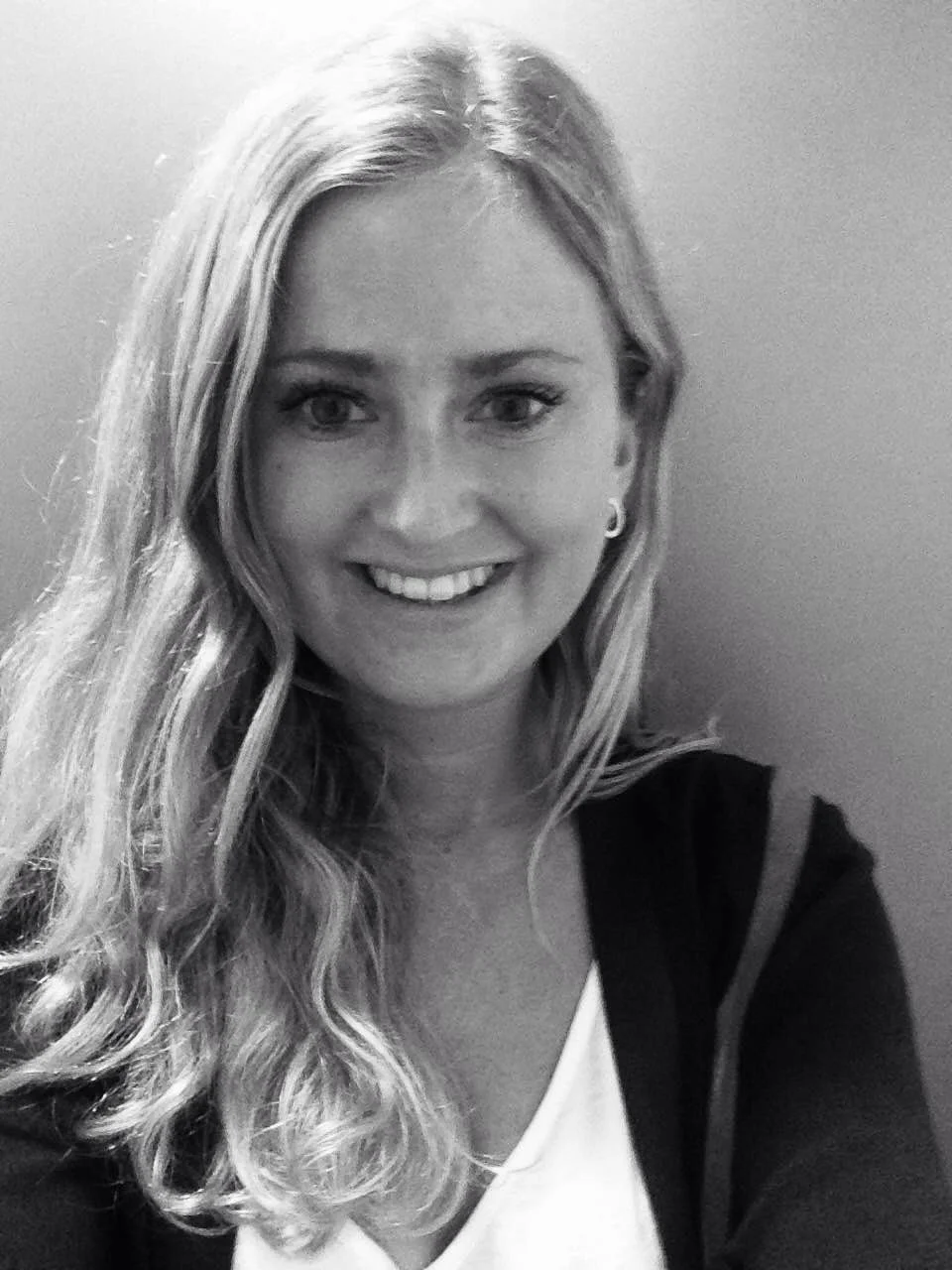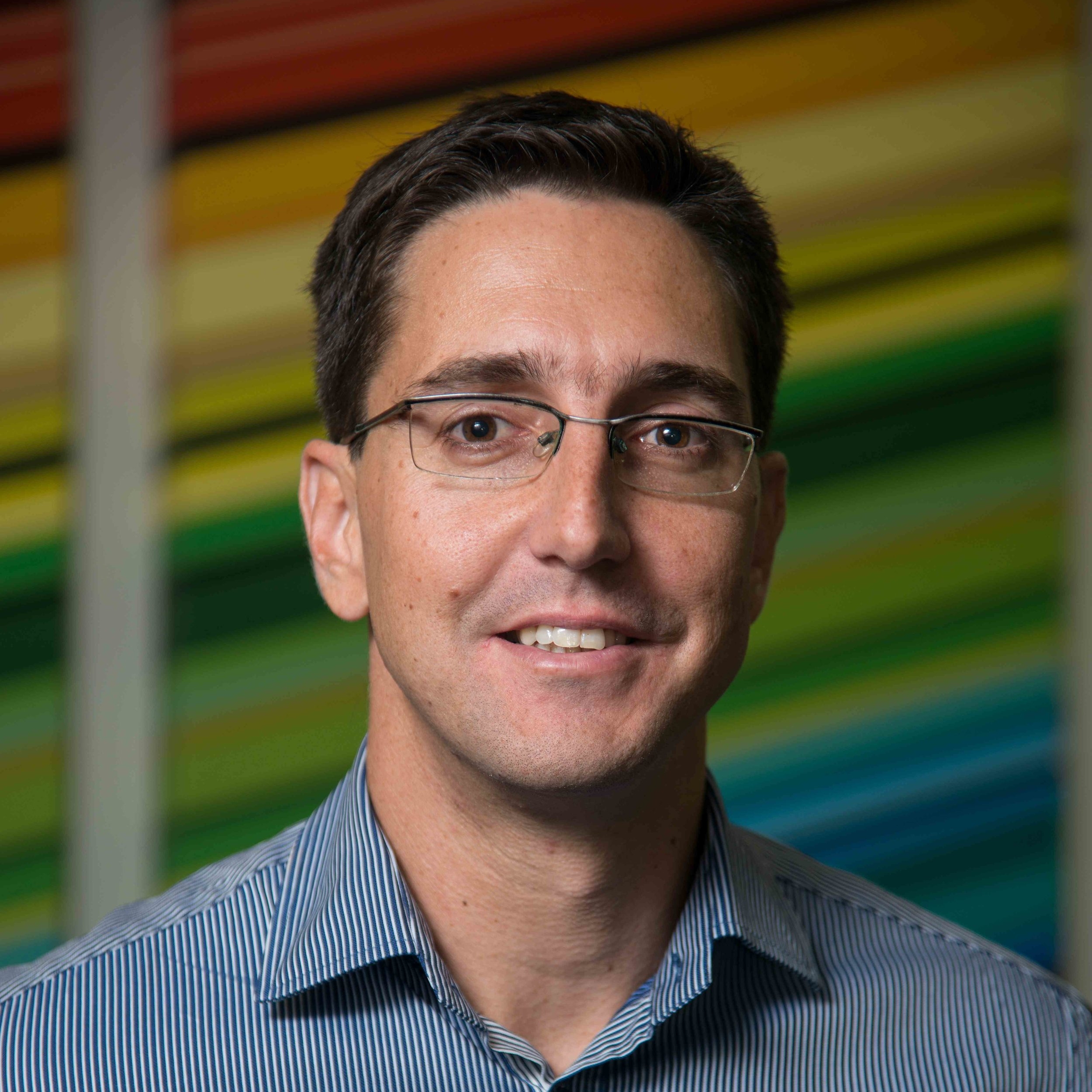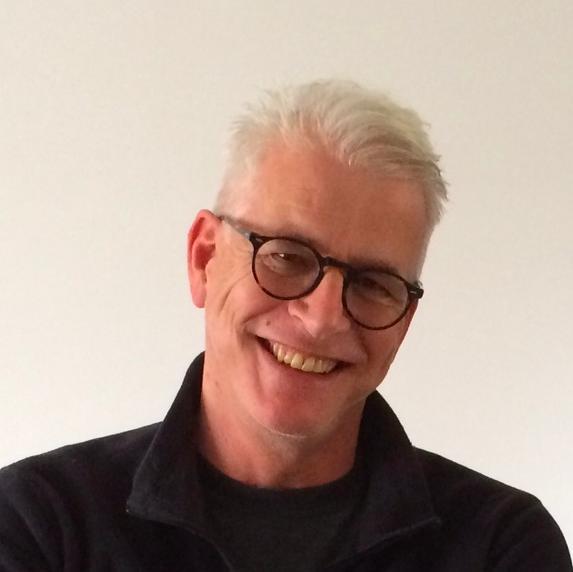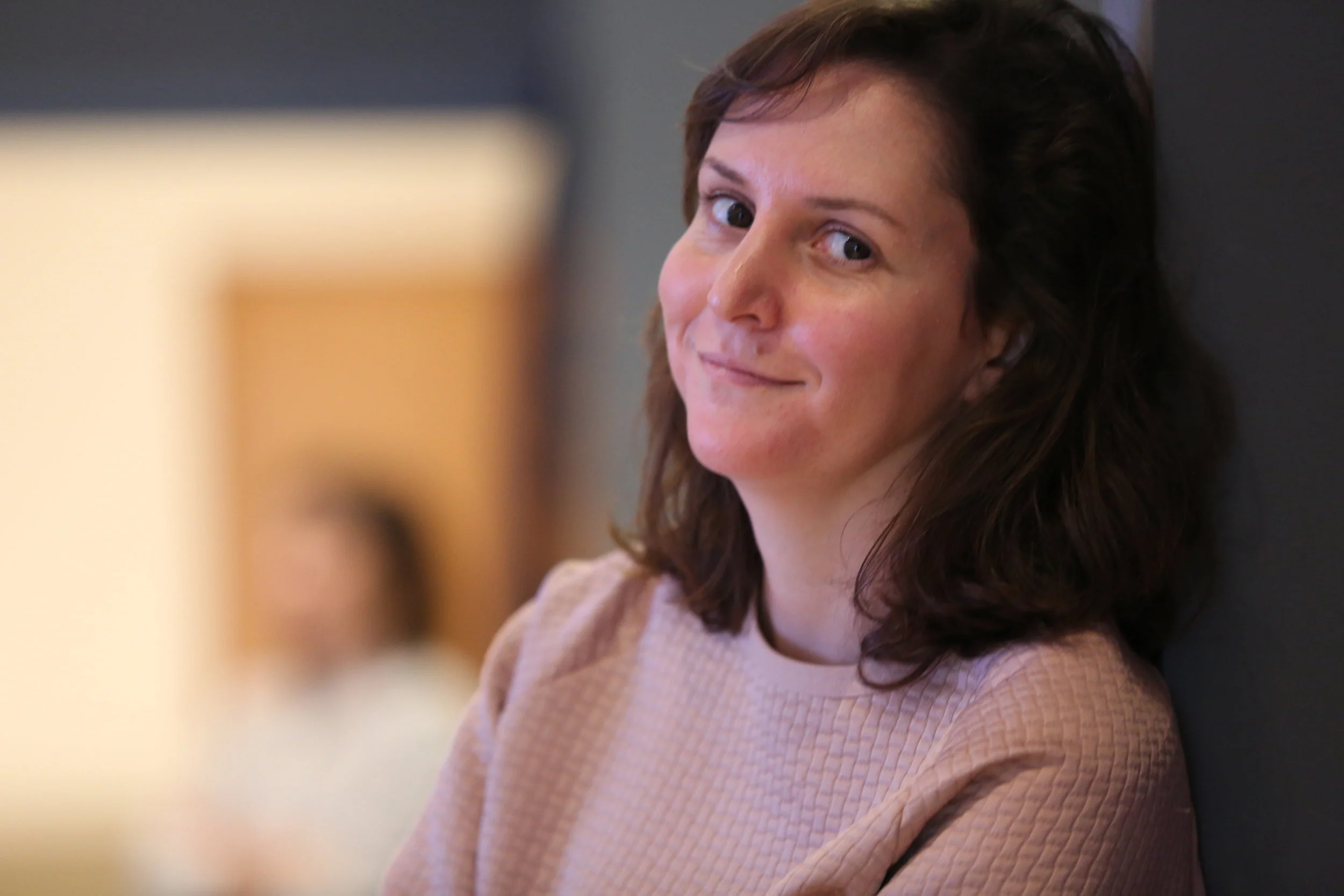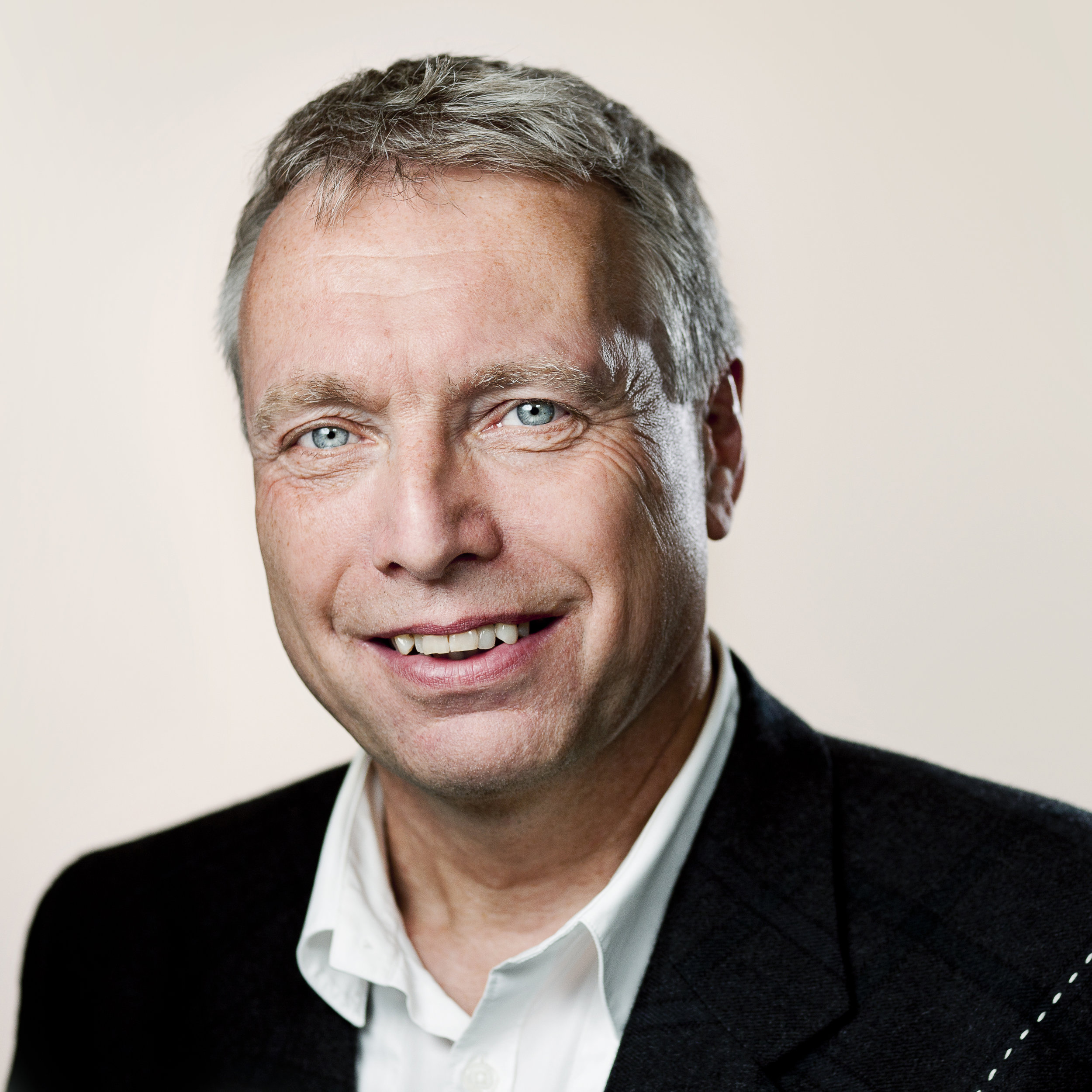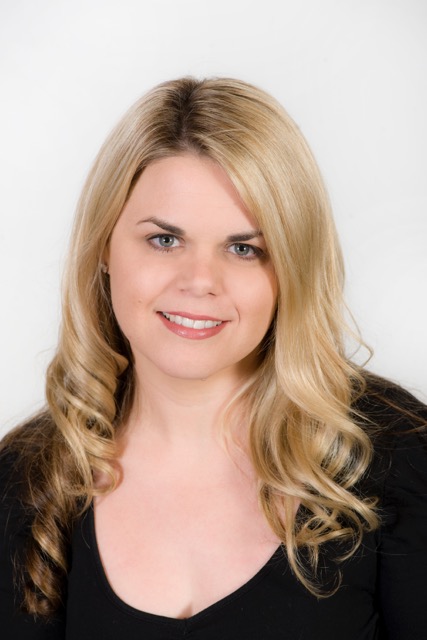
Speakers
SPEAKER HIGHLIGHTS FROM SIX WAYFINDER
Welcome messages

Sonal Shah (Beeck Center for Social Impact & Innovation @ Georgetown University) welcomes you to the Wayfinder!

Tom Dawkins, CEO and Co-Founder of StartSomeGood, on the positive and negative trends shaping social innovation in Australian. Interviewer: Martin Stewart-Weeks, advisor to PwC on The Impact Assembly.

Seoul City's Mayor Park sends a message to SIX Wayfinder participants.
DAY ONE
IN ORDER OF APPEARANCE
Geoff Mulgan is Chief Executive of Nesta, and has been in post since June 2011. Under his leadership Nesta has moved out of the public sector to become a charity (in 2012), launched a range of new initiatives in investment, programmes and research, and has implemented a new strategy involving partnerships with other funders in the UK and internationally.
From 2004-2011 he was the first Chief Executive of the Young Foundation, which became a leading centre for social innovation, combining research, creation of new ventures and practical projects.
Between 1997 and 2004 Geoff had various roles in the UK government including director of the Government’s Strategy Unit and head of policy in the Prime Minister’s office. Before that he was the founder and director of the think-tank Demos.
He is currently chair of the Studio Schools Trust and the Social Innovation Exchange.
Kriss Deiglmeier is Chief Executive Officer at Tides. Kriss has more than 20 years of senior executive experience that spans the business, social enterprise, nonprofit, academic and philanthropic sectors. In 2016, she was named one of the “50 most influential women in Philanthropy” by Philanthropy Insider. Kriss is the CEO of Tides Network, a global social enterprise. In 2015, Tides granted over 150 million US$ in the United States and in 110 countries globally. Before joining Tides, Kriss was the founding Executive Director for the Center for Social Innovation (CSI) at Stanford.
Kriss is recognized as a pioneer in the field of social innovation and has presented internationally on social innovation, social entrepreneurship, design thinking and public-private partnerships as well as guest-lectured at Stanford Graduate School of Business, University of California, Berkeley, Hitotsubashi University, Kyoto University, and Kyushu University. Kriss developed and taught the course, “Social Innovation through Corporate Social Responsibility,” at the Stanford Graduate School of Business.
Tarik M. Yousef is a senior fellow in the Global Economy and Development program and the director of the Brookings Doha Center.
His professional career has spanned the academic world at Georgetown University and the Harvard Kennedy School; the public policy arena at the IMF, the World Bank and the UN; and more recently the NGO space at Silatech where he led the implementation of innovative solutions aimed at youth economic empowerment in the Arab countries. He has served on the advisory boards of development organizations and boards of directors of financial institutions including currently the Arab Financial Services Company.
His research has focused on the political economy of policy reform and the challenge of youth inclusion in the Arab world. His most recent publications include “Young Generation Awakening: Economics, Society, and Policy on the Eve of the Arab Spring (2016)”.
Chris Sigaloff is the director of Kennisland. Besides exploring new themes and developing new methods and interventions, she advises governments and organisations on matters dealing with innovation strategies, social innovation and policymaking. She is a board member of the Kafka Brigade, the University of applied sciences Inholland, the Kriterion Foundation and Voorjebuurt a crowdfunding platform for local initiatives. In the last year Chris has been one of the founding partners of Spring House, a workspace for radical innovators.
Chris has set many national and international programs and concepts such as Education Pioneers, a programme for teachers who are eager to improve their schools; Innovation Impulse in Education, in which schools initiate innovative experiments; the Social Innovation Safari, an intense programme for international changemakers working on tough societal problems in a very short time and Social Labs which make it possible to concrete social services and policies. The common element to all these initiatives is the idea that innovation and learning go hand in hand, that theory must support practice, rather than the other way around, and that asking questions can be more powerful than knowing the answers.
Stephen Huddart is President and CEO of The J.W. McConnell Family Foundation, a national private foundation based in Montreal, with additional staff in Vancouver, Toronto and Ottawa. The Foundation has played a leading role in developing social innovation and impact investing in Canada as a founding partner of Social Innovation Generation (SiG). McConnell's other initiatives include Innoweave, The McConnell Reconciliation Initiative, Cities for People, RECODE and Well Ahead.
Stephen serves on the Boards of Pearson College UWC and Philanthropic Foundations Canada and has a Masters of Management degree from McGill University.
Since June 2016, Francesca Bria is the Chief Technology and Digital Innovation Officer in Barcelona City Council.
Francesca was a Nesta Senior Adviser and Senior Project Lead in the Nesta Innovation Lab. Francesca was a Senior expert and Advisor on Digital Strategy, Technology and Information Policy. She was also a Researcher and Teaching Associate at Imperial College Business School in the Innovation Studies Centre- Digital Economy Lab.
She has a background in Social Science and Innovation Economics, a PhD from Imperial College, and an MSc in E-business and Innovation from the University College of London, Birkbeck.
Francesca is a member of the Internet of Things Council and an advisor for the European Commission on Future Internet and Smart Cities policy. She is also a member of the EC Expert Group on Open Innovation (OISPG) and a member of the European Research Cluster on the Internet of Things (IERC).
Alex Ryan is Co-Founder of the boutique innovation and collaboration agency Synthetikos Inc. (http://synthetikos.com). Alex Ryan is also a Senior Advisor with the Government of Alberta. He Co-Founded Alberta CoLab and advises a cross-ministry systemic design and strategic foresight team working to institutionalize systems thinking, design and foresight within government policy and planning processes.
Alex is an Executive-in-Residence at the University of Toronto's Rotman School of Management. Alex Ryan has previously taught operational and strategic design at the U.S. School of Advanced Military Studies, and helped to institutionalize design within Western militaries, working with clients such as U.S. Strategic Command, U.S. Special Operations Command, Australian Special Operations Command, and the Canadian Forces College. Alex Ryan is Co-Founder of the Systemic Design Research Network and co-chair of the Relating Systems Thinking and Design Symposium (http://systemic-design.net).
Lisen Wirén is responsible for social impact globally at Inter IKEA Systems. The past six years she has been driving sustainability in different parts of IKEA. She worked in Thailand with human rights for migrant workers, in the global range/supply and until recently her role was Country Sustainability Manager for IKEA Netherland Lisen believes is purpose driven organisations and that having sustainability integrated in the heart of the business is the only way forward.
During her time as the sustainability manager she has been leading partnership collaboration, nation-wide sustainability campaigns, public relations, community involvement and emergency response. She has also initiated a national partnership with a social enterprise and launched a unique textile collection made of recycled material.
Ada Wong founded the Hong Kong Institute of Contemporary Culture (HKICC), a unique non-profit organization whose mission is education innovation and a creative civil society. Among other projects, HKICC founded Hong Kong’s only “art high school”, the HKICC Lee Shau Kee School of Creativity and Ada is the School’s supervisor.
She also founded the Make A Difference (MaD) initiative, a continuing platform to groom the next generation of creative leaders and innovative changemakers in Asia. Ada’s latest social venture is The Good Lab, an inspiring co-working space and a collaborative community for social innovation and entrepreneurship development in Hong Kong.
Ada was an elected member of the Urban Council and Wan Chai District Council between 1995 and 2008 with the last four years as Chairperson of the Wan Chai District Council. Ada received her BA (Hons) from Pomona College, California, USA and M Ed from the University of Hong Kong.
Cliff Prior CBE became Big Society Capital CEO in March 2016. BSC is the wholesale investor and market champion for UK social investment.
Previously he was CEO of UnLtd for social entrepreneurs, supporting 13,000 new startups, and building a 50-country Global Social Entrepreneurship Network.
Cliff was CEO of Rethink, for people affected by severe mental illness, and earlier work included counselling, youth, civil rights, social housing, supported housing, community care, offender resettlement, learning disability, dementia, and R&D.
Cliff is involved in the Global Steering Group on social impact investment and a non-exec at UCLPartners. He was a founding trustee of Clore Social Leadership and Local Trust, a member of Comic Relief’s UK Grants Committee, an adviser to Government, and a serial social entrepreneur.
Fernande Raine has been a serial intrapreneur at Ashoka since 2002. She laid the first foundations for Ashoka in Western Europe, where she introduced the concept of social entrepreneurship, recruited team leaders for Germany and France and launched Ashoka’s Social Financial Services program. Upon returning to the US, she established the People Team and since 2015 has been co-leading the launch of Ashoka’s Changemaker Economy initiative. Fernande’s changemaking passion grew out of her love for history, in which she completed a PhD at Yale. Other stages of her (ongoing) apprenticeship include working as a consultant at McKinsey and Innosight, directing the Carr Center for Human Rights at the JFK School of Gov’t at Harvard, and being the mother of 4 girls.
Celina Agaton creates programs, technology tools and events that enhance cross sector civic and community engagement. Her cross sector consultancy takes her around the world, working with governments, businesses, development agencies, museums, students and scientists. She is the Founder and Managing Director of Map the Philippines at MapPH.com, a free and open source software platform that maps public and private programs and services, layered against resilience data and real-time community needs to help achieve the UN Sustainable Development Goals. The goal of MapPH is to rapidly identify priority areas, gaps and overlaps to mobilize better planning, coordination and monitoring of efforts across the sectors. In April she is launching a global campaign to crowdsource mapping data through Philippine diaspora and digital communities. In 2017, she opens a social innovation centre and open data mapping lab in Manila.
Entrepreneur and Co-Chair, B Lab UK @charmianlove
Charmian Love believes in the power of business as a force for good. She is an active champion of the global B Corp movement and is Co-Founder and Co-Chair of B Lab UK. Charmian is also Co-Founder and Non-Executive Director of Volans, a change agency focussed on catalysing breakthrough levels of innovation. In 2015, Charmian initiated a project called ‘Corporate Impact X’ which is designed to provide tools and collaboration pathways for corporate venture teams - helping them allocate their resources into activities which create positive outcomes for both their business and the world. Charmian can often be found writing and speaking on trends related to entrepreneurship, corporate innovation and investment. She also regularly spends time in Oxford University as a Tutor and Industry Advisor at Saïd Business School and in 2015 was profiled in Brummell’s Magazine ‘Top 30 under 40’ list.
Amalia Zepou is an elected member of the Athens Municipality City Council since May 2014 and vice mayor for civil society and municipality decentralization. She created the digital platform “synAthina” which was further developed into an idea that won one of the five Mayors Challenge awards of 1 million euro from Bloomberg Philanthropies in September 2014.
Prior to the Municipality she was working as an independent documentary producer since 1998. In 2007, she got involved in neighborhood projects and was awarded as «Eco-hero» by the Athens Municipality in 2010. She has a B.A. in Social Anthropology from the London School of Economics and an M.A. in Media Studies from the New School for Social Research in New York in 1991.
Ibon Zugasti, M.S. is Partner/Director at PROSPEKTIKER (www.prospektiker.es), International Projects Manager at LKS (www.lks.es), Industry & Territorial Development Manager at MONDRAGON Engineering and Business Solutions (www.mondragon-corporation.com), Chairman of the Millennium Project Node in Spain (www.proyectomilenio.org), Vice-President of Foresight Europe Network – FEN (www.feneu.org), Deputy Director of the Iberoamerican Foresight Network – RIBER (www.riber.info).
Since 1999, Ibon has led several consultancy and research projects in fields like strategic foresight, regional sustainable development, labour & training and energy for different Governments and Corporations worldwide (Repsol, Iberdrola, Guggenheim, MONDRAGON...). He has also been advisor for the European Commission and the Committee of the Regions of the EU and the World Bank. He is coauthor of different publications such as Latin America 2030: Delphi Survey and Scenarios (The Millennium Project), An initial assessment of territorial forward planning/foresight projects in the European Union (EU Committee of the Regions), The water-energy- food nexus – Foresight for research and innovation in the context of climate change (European Commission) and also contributes to the yearly publication State of the Future by the Millennium Project.
Sam Baker is a partner at Monitor Deloitte, and has spent much of his career developing growth strategies with tech, media and telco clients together with a sustained interest in strategy consulting for charities and social enterprises.
More recently, Sam has focussed on corporate purpose and the inter-dependence between shareholder value maximisation and a direct commitment to societal goals. Two publications resulting from this have been on the mobile industry on SDG impact (www.gsma.com/betterfuture/2016SDGImpactReport) and Deloitte’s narrative on corporate purpose (www.deloitte.com/2030Purpose).
Before Deloitte, Sam did an MBA at London Business School, spent 5 years in Tanzania (3 with VSO and 2 with PWC), and started his career at Accenture.
Sam has is married and has 3 girls, all sports mad.
François Bonnici is the Founding Director of the Bertha Centre for Social Innovation at the University of Cape Town Graduate School of Business, in partnership with the Bertha Foundation, a family foundation that works with inspiring leaders who are catalysts for social and economic change and human rights.
The Bertha Centre has rapidly become the leading academic centre and platform for action dedicated to advancing social innovation in Africa, particularly in health and education innovations, public sector innovation and innovative finance.
His career spans two decades years working in clinical medicine, humanitarian & development programmes, PPPs, and innovative social change projects during which he has been recognised as a Rhodes Scholar; Global Leadership Fellow of the World Economic Forum; Archbishop Tutu African Leadership Fellow and, with the Bertha Centre, received the Distinguished Social Responsiveness Award of the University of Cape Town in 2015. He is a board member of the newly formed Tshisimani Centre for Activist Education. @berthacentre @F_Bonnici
Martin Stewart Weeks is currently advising PwC on a new venture, The Impact Assembly, which draws on the collaborative problem solving methodologies of The Difference at PwC to combine the skills, resources and expertise of PwC, partners and clients to tackle complex social challenges and problems.
A strategic thinker, advisor, facilitator and writer, Martin Stewart-Weeks brings 30 years' experience spanning government, the "for purpose" or social sector and the corporate sector.
His work explores the intersection of policy, government, technology and innovation. He holds several advisory roles for the Australian and New South Wales governments on social innovation, digital transformation, regulatory policy and open data. Martin is a director of the Centre for Policy Development, the Business/Higher Education Roundtable, The Australian Centre for Social Innovation and The Able Movement.
He is the coauthor, with former Australian Finance Minister Lindsay Tanner, of Changing Shape: Institutions for a Digital Age.
Edwin Huizing is CEO of Hivos, an international organisation that seeks new solutions to persistent global issues. Hivos, inspired by its humanist values, such as self-determination, pluralism and responsible citizenship, is committed to contribute to achieving the dream of sustainable economies and inclusive societies. Over the past years Hivos has moved from a strategy of fund management and regranter to adopt social innovation as its main strategy rooted in the conviction that new issues are constantly emerging and that answers to social problems can never be final.
Edwin also served as Director of the East and South Africa Sub regional Office of United Nations Population Fund (UNFPA, 2010-2013), overseeing the implementation of UNFPA’s policy, programs and finances and led the UNFPA team in Eastern and Southern Africa to provide support to the Country Offices of the sub region and their partners in advocacy, programming, technical, financial areas. Prior to joining UNFPA, Edwin served as Executive Director of Dutch Council for Refugees, the largest Dutch Refugee supporting NGO, from 2006 to 2010.
Edwin is married with Muriel and has 4 children between 19-24 years.
Ndidi Nwuneli is the Founder of LEAP Africa, Co-Founder of AACE Food Processing & Distribution, an indigenous agroprocessing company, and a partner at Sahel Capital, an advisory and consulting firm focused on the agribusiness and nutrition sectors in West Africa.
Ndidi started her career as a management consultant with McKinsey & Company, working in their Chicago, New York and Johannesburg Offices. She returned to Nigeria to serve as the pioneer executive director of the FATE Foundation. She established LEAP Africa and NIA in 2002 and 2003 respectively. LEAP is a respected leadership development organization that has worked across Nigeria providing leadership training, and coaching to thousands of entrepreneurs, youth, teachers and community organizers. NIA empowers female university students in the Southeastern Nigeria to achieve their highest potential.
Ndidi was recognized as a Young Global Leader by the World Economic Forum and received a National Honor – Member of the Federal Republic from the Nigerian Government. She was listed as one of the 20 Youngest Power African Women by Forbes. Ndidi recently published a book titled “Social Innovation in Africa: A Practical Guide for Scaling Impact."
Dr Jessica Seddon is the Founder of Okapi, an India-based strategy group focused on institutional design for social innovation. Okapi is incubated by IIT Madras and works with government, corporate, and philanthropic clients to understand and shape the ecosystems around complex social and environmental challenges. Dr. Seddon is also a Visiting Fellow at IDFC Institute and Adjunct Faculty at IIT Madras, where she works on institutional design for infrastructure governance, pollution mitigation, risk management and other aspects of a transition to a more sustainable relationship with the environment. She is on the advisory boards of the Wilderhill Global Clean Energy Index (NEX), Prakti Design Labs and Vidyartha. Prior to founding Okapi, Dr. Seddon served as Head of Research at the Indian Institute for Human Settlements (Bangalore), Director of the Centre for Development Finance at IFMR, Chennai, and Assistant Professor, UC San Diego. She was also a Council on Foreign Relations International Affairs Fellow with the United States Environmental Protection Agency. Dr. Seddon earned her Ph.D. from Stanford University Graduate School of Business and her B.A. from Harvard University.
Milica Begovic Radojevic is an innovation specialist at the UNDP Regional Centre for Europe and the CIS in Istanbul. She works with teams (UNDP and local/national partners) across the region to find out new ways of tackling problems, test out fresh ideas and new perspectives in UNDP context. Previously, she worked as the Economy and Environment Team Leader in UNDP Montenegro for almost 5 years. She supported Montenegro as it moved towards a low emission market economy in a way which promotes the well-being and prosperity of communities and their environment and local economies.
Ms. Begovic Radojevic is a Montenegrin national and holds a PhD degree in International Relations, a Master’s degree in Political Science and a Bachelor’s degree in Communication Studies and ICT from the University of Alabama, USA.
Rym Baouendi is an urban sustainability catalyst and a social entrepreneur on a mission “to accelerate urban wellbeing for people and the planet”. She brings over a decade of experience in the fields of urban sustainability and social innovation and has worked on a range of projects globally with focus on urban policy, sustainable planning & design, entrepreneurship and impact measurement.
She is the founder of Medina Works, an urban consultancy and innovation workshop shaping urban spaces, skills and ventures to further liveability, sustainability and resilience in cities of the Mediterranean and the Middle East region.
She is also the co-founder of CITY//CHANGEMAKER a regional program for urban innovation connecting urban professionals, social entrepreneurs, creatives, tech innovators and other city changemakers and empowering them to realize impactful projects in their cities.
Rym also co-founded Cogite, the first coworking space in Tunisia supporting a growing community of entrepreneurs and changemakers in the capital.
Uffe Elbæk is a Danish MP, initiator of the entrepreneurial green party the Alternative and former culture minister. He's an entrepreneur, writer, activist and motivational speaker. Uffe Elbæk founded the school for innovative leadership, Kaospiloterne, in 1991, and during the last 30 years he's been a vital part of Danish cultural life through his many committee memberships.
He founded The Alternative Party in Demark in 2013, an international political party for those who want to work for a sustainable, democratic, socially just and entrepreneurial world. The Alternative promises to 'prioritise the development of serious transition scenarios – environmentally, economically, socially and culturally – so that the ambition for a sustainable society is neither perceived as either a threat against individual freedom nor as a society standing still and lacking in dynamics.
Fiona Duncan is Chief Executive of Lloyds TSB Foundation for Scotland. Fiona has worked in the voluntary sector for 20+ years. Prior to joining the Foundation, she spent seven years at THINK Consulting Solutions, a leading international consultancy dedicated to not for profits where she had responsibility for strategic planning assignments, working mainly overseas.
From late 1999 until 2006, Fiona was at Capability Scotland, latterly as Director of External Affairs. Before Capability, Fiona was Head of Development at the Royal Scottish Academy of Music and Drama and prior to that spent six years with WaterAid’s establishing their office for Scotland and Northern Ireland.
As well as being a member of Comic Relief’s Grants Committee, Fiona is a regular speaker at conferences and contributor to sector journals. In 2016 she was a judge of NESTA’s New Radicals for The Observer.
Mark H. Moore is Hauser Professor of Non-Profit Organisations at the Harvard Kennedy School of Government, and Herbert A. Simon Professor of Education, Management and Organisational Behaviour, at the Harvard Graduate School of Education.
Mark Moore has pioneered research on the way public leaders can engage communities in supporting and legitimising their work. Moore is also senior lecturer with the Australian New Zealand School of Government. Mark Moore defines public value as the equivalent of shareholder value in public management, with the public sector acting in the best interests of the collective. The fairness with which public benefits are distributed, and public duties imposed, is as important as the achievement of social outcomes or the satisfaction of individual clients. His public value approach is designed to get public managers thinking about what is most valuable in the service they manage and consider how effective management can make the service the best that it can be.
Day two
IN ORDER OF APPEARANCE
Louise Pulford is the Director of SIX. She has been responsible for growing the network over the last 6 years, and worked on the SIX project since its inception in 2008, and through its incubation at the Young Foundation. Louiseco-manages the European consortium who has run Social Innovation Europe (SIE) since 2011. Louise regularly speakers on the value of networks and delivers social innovation workshops all over the world. Prior to running SIX,Louise worked on a variety of projects at the Young Foundation, including coordinating its international work and the development of the UpRising leadership programme. Prior to that, Louise worked at a small social issues consultancy firm in Beijing. She has an MSc in East Asian Studies.
Harvey Koh is a Managing Director at FSG where he co-leads the Inclusive Markets approach area. Based in Mumbai, he works with both impact enterprises and ecosystem actors to develop and scale business models that benefit the poor, spanning a range of sectors including housing, water and healthcare. Harvey also directs research to help advance global thinking and practice in impact enterprise and impact investing. He has lead-authored key reports including From Blueprint to Scale, which introduced the notion of the ‘pioneer gap’ in impact enterprise, and Beyond the Pioneer, which makes the case for the practice of ‘industry facilitation’ to help new models overcome barriers to scale. Previously, Harvey was the founding head of programmes at Private Equity Foundation (now Impetus-PEF), a London-based venture philanthropy organisation focused on scaling up highly effective nonprofits helping young people break the cycle of disadvantage. Harvey was born and raised in Malaysia.
Carolyn Curtis is CEO of The Australian Centre for Social Innovation (TACSI), one of Australia’s most respected social enterprises focussed on addressing challenging social issues. Carolyn leads TACSI’s vision for systems that deliver real and sustainable social outcomes, through working with the people facing the challenges we are trying to solve.
Carolyn brings to TACSI over 15 years of experience at the front-line and in management in the social sector, including as founding Director of TACSI’s Family by Family program which won the NAPCAN award for Innovation and the International Good Design Australia award in Service Design.
Carolyn is also a leader of social innovation beyond TACSI, as a Director for the Social Innovation Exchange, the world’s leading social innovation network, and in leading a number of initiatives for better social outcomes nationally and as a judge for the Good Design Australia ‘Social Innovation’ Awards.
Cathy Glover is the Director, Community Investment and Suncor Energy Foundation and has been working with the Suncor for 16 years. For the 20 years prior to that she worked in the social benefit sector in areas of health, education, sport and child services. While working with Suncor she has also gained a greater appreciation of working with Indigenous people and organizations. After reading page 47 of Frances Westley’s Getting to Maybe, Cathy has lead the Suncor Energy Foundation team through a shift in strategy from funding unique programs, to embracing social innovation, collaboration and collective impact to build sustainable and resilient communities. Through the investment in leaders and organizations that are engaging in social innovation and by bringing those leaders together the Suncor Energy Foundation has been able to strengthen and create new networks, increase resiliency and help to establish new processes to examine energy futures, community capacity and resilience, and Indigenous innovation. Along the way, the Foundation has also been able to learn that social innovation can lead to shared value and has been able to participate in the formation of the company’s first stated social sustainability goal.
Trained as an anthropologist, Ella Saltmarshe is a specialist in innovation, systems change and story. With a background in international development she has worked all over the world, including India, Pakistan, Afghanistan, Kosovo & Latin America. She is co-founder of The Comms Lab, a social enterprise focused on systemic change in the advertising industry. She is also co-founder of the Point People, a collective of innovators, creatives and entrepreneurs focused on systemic change. Ella co-founded Systems Changers with Oxford University, co-authoredBuilding the Language of Systems Change with the Said Business School & The Chartered Institute of Accountants, and works across sectors to design and deliver systemic initiatives.
Ella’s writing for stage and screen is represented by The Agency. Her writing on creativity, innovation and social change has been published in Fast Company, The Financial Times, Creative Review, Wired & ID Magazine.
Alice Evans is the Director of Systems Change at Lankelly Chase Foundation. She has a history of working with homeless people and joined the organisation to work on whole systems change that starts with the needs of the individual and their family. Lankelly Chase seeks to bring about change that will transform the quality of life of people who face severe and multiple disadvantage.
Rachael Brown is a leader within the creative and social enterprise sector who thrives on solving problems and turning ideas into reality.
Rachael is currently Chief Executive at Cultural Enterprise Office. She is also Future Leader at Entrepreneurial Scotland, Social Entrepreneur in Residence with Social Investment Scotland, Chairperson at Youth Theatre Arts Scotland and Fellowship Councillor for Scotland at RSA.
She previously spent over a decade at Impact Arts and has worked on joint ventures with the Scottish Government and leading agencies including Creative Scotland and Scottish Enterprise.
With a strong track record of operational success, Rachael works extensively supporting creative and social enterprises to deliver, grow, develop and sustain.
Gabriella Gómez-Mont is the founder of Laboratorio para la Ciudad, the experimental arm /creative think tank of the Mexico City government, reporting to the Mayor. The Lab is a place to reflect about all things city and to explore other social scripts and urban futures for the largest megalopolis in the western hemisphere, working across diverse areas, such as urban creativity, mobility, governance, civic tech, public space etc.
Gabriella is a journalist, visual artist, a director of documentary films, as well as a creative advisor to several cities, universities and companies. She is also a TED speaker, TED Senior Fellow, an MIT Director´s Fellow, a Yale World Fellow, an Institute for the Future Fellow, a World Cities Summit Young Leader and part of the international advisory committee for the Mayor of Seoul on Social Innovation. She was recently named one of the 100 most creative people by Fast Company magazine.
Dr. Duncan Green is Senior Strategic Adviser at Oxfam GB, Professor in Practice in International Development at the London School of Economics, honorary Professor of International Development at Cardiff University and a Visiting Fellow at the Institute for Development Studies.
He is author of How Change Happens (OUP, October 2016) and From Poverty to Power: How Active Citizens and Effective States can Change the World (Oxfam International, 2008, second edition 2012). His daily development blog can be found on http://www.oxfamblogs.org/fp2p/.
He was previously Oxfam’s Head of Research, a Visiting Fellow at Notre Dame University, a Senior Policy Adviser on Trade and Development at the Department for International Development (DFID), a Policy Analyst on trade and globalization at CAFOD, the Catholic aid agency for England and Wales and Head of Research and Engagement at the Just Pensions project on socially responsible investment.
He is the author of several books on Latin America including Silent Revolution: The Rise and Crisis of Market Economics in Latin America (2003, 2 nd edition), Faces of Latin America (2012, 4th edition) and Hidden Lives: Voices of Children in Latin America and the Caribbean (1998).
He can be contacted on dgreen@oxfam.org.uk or on twitter at @fp2p.
For more than two decades Ezio Manzini has been working in the field of design for sustainability. Most recently, his interests have focussed on social innovation, considered as a major driver of sustainable changes, and on what design can do to support it. In this perspective he started and currently coordinates, DESIS: an international network of schools of design and other design-related organisations specifically active in the field of design for social innovation and sustainability (http://www.desis-network.org).
Presently, he is Honorary Professor at the Politecnico di Milano and Guest Professor at Tongji University (Shanghai) and Jiangnan University (Wuxi).
His most recent book is “Design, When Everybody Designs. An Introduction to Design for Social Innovation”, MIT Press 2015. This book has been published (until now) in English, Spanish, Chinese and Korean.
Heider Ridha is a Principal at Bain and Company, advising Corporate CEOs, Investment Fund Executives and Government Leaders on their most important strategic issues.
His key areas of focus include Energy, Private Equity, Industrialization, Social Impact and Consumer Goods. He has worked extensively on growth, bottom-line and governance improvement projects.
Heider has worked in more than 30 countries across 5 continents, speaks 8 languages and holds a magna cum laude Master in Chemical Engineering.
During his time at Bain and previously as Investment Manager at the World Bank’s Private Sector Development team he has supported Heads of State and Ministers across the world to develop inclusive and competitive industries.
Heider has led Bain’s Social Impact practice in London for over 5 years, through which more than 150 Bainies provide strategic advice to leading impact funds, social enterprises, charities and NGOs. His work in this space has covered education, economic development and sustainability.
Through Bain’s Social Impact practice Heider has supported global and local organisations driving social change, including Endeavour, Acumen, Ark, SBT, UnLtd, Impetus PEF, NCS, CDP, among many others.
Heider strongly believes this world is becoming a better place every day and that each of us can play an important role in this journey.
Liesbet Peeters, Founding and Managing Partner of D. Capital Partners.
Liesbet is a known expert in the impact investment space, with strong investor relationships, deep understanding of financial solutions to development challenges, and extensive experience investing in Sub Saharan Africa and Latin America. Over the last 15 years, Liesbet has built up extensive experience assisting private foundations, family offices and institutional public-private partnerships in building up impact investment portfolios and fund structures in emerging markets.
Liesbet is recognized as a leader in financial product structuring for international development, having led the creation of products such as HUGinsure, a social insurance platform, and development impact bonds, including the Mozambique Malaria Performance Bond ad Cameroon Cataract Performance Bond. Prior to joining Dalberg and co-founding D. Capital, she founded an investment advisory firm, Lapiluz Advisory Services, served as the CFO/Investor Relations Manager with Capricorn Venture Partners and an Investment Officer at the IFC. Liesbet holds a MBA from MIT Sloan and a Master’s degree in Commercial Engineering from Katholieke Universiteit Leuven, Belgium.
Nishant Lalwani is the Chief Operating Officer at GIF. Nishant leads the fund's strategy development and operations and chairs GIF's investment committee. Nishant also runs GIF's portfolio team, which is responsible for increasing the social value created by the institutions GIF invests in. Prior to GIF, Nishant was a founder of the Monitor Inclusive Markets group in India that focused on market-based solutions for poverty. In this role he worked directly with the CEOs of many social enterprises in India to help drive growth. He also worked with the UNDP in Zambia, where he helped develop new financing products for supply chains that engaged small businesses. Nishant began his career a strategy consultant with Marakon Associates, and he sits on the board of Shivia, a multinational non-profit that supports livelihood creation. He has written extensively on taking social innovations to scale and has been published in the Harvard Business Review. Nishant holds an MBA from Harvard Business School, a Masters in Aeronautical Engineering and a B.A. in General Engineering from Cambridge University.
Ms. Preeti Sinha is the Senior President & Glocal Convenor of YES Institute; a practicing think tank at YES Bank. YES Institute is one of the leading private sector global think-tank based in Delhi, with a mission to catalyze private capital into development and growth of India.
Prior to this appointment, she was the Chief Performance Management Partner in the Delivery and Performance Office at the African Development Bank (AfDB), leading multilateral development bank for Africa. She was engaged in increasing the delivery of the business pipeline at the AfDB and achievement of its institutional commitments and initiatives.
She has worked extensively on financing for development under Resource Mobilization and Strategy Development in over 4 continents –Asia, North America, Europe and Africa. With over 25 years of global experience, she leads the YES Institute in New Delhi.
She was Project Director for an extensive period for the Financing for Development (FfD) Initiative at the World Economic Forum in Geneva and Davos, Switzerland. She has prior experience of over 15 years in investment banking for HSBC, Rabobank, Lehman Brothers and JP Morgan in London, Hong Kong, Mumbai and New York.
Giulio Quaggiotto is a Nesta Associate. Until recently, he was Senior Programme Manager with Nesta’s Innovation Skills team, responsible for advising international development and public sector organisations on the implementation of their innovation strategies.
Prior to joining Nesta, Giulio managed the Jakarta Lab of the UN Global Pulse, a flagship innovation initiative of the United Nations Secretary-General on big data for public policy. He also set up UNDP’s first innovation practice with a focus on Eurasia.
Giulio’s development experience also includes stints at WWF, UN University and the World Bank. His interests include user driven innovation and the social side of data innovation. Giulio is a regular speaker at international conferences on the intersection of social innovation, technology and international development.
Marcello Palazzi BSc, MSc, MBA is the Founder President of Progressio Foundation for Human Progress (Rotterdam) and Co-Founder & Board Member of B Lab Europe (Amsterdam). He is the Chairman of the SIX Executive Board.
Marcello is a serial entrepreneur for human progress. Following 11 years as co-head of his international family business in environmental technologies from Italy and the UK in the 80s and early 90s, he founded Progressio Foundation, which has completed 300 projects in 30 countries with dozens of partners under his leadership, in pursuit of the ‘civic economy’, ‘civic enterprise’ and ‘civic innovation', which Palazzi wrote about in 1990 in a pamphlet which has proved prescient, predicting the rise of CSR, sustainability, public-private partnerships, ethical investments, social enterprise and other forms of a more ‘integrative’ economy and enterprise: www.progressio.org.
Since 2014, Marcello has been leading the B Corp movement in continental Europe from Amsterdam: www.bcorporation.eu.
Charles Leadbeater works internationally as an independent adviser on innovation to governments, cities and organisations both public and private.
The New York Times anointed his idea, The Pro-Am Revolution, as one of the biggest global ideas of the last decade. His 1997 Demos report The Rise of the Social Entrepreneur was one of the first in the UK to predict the rise of the social entrepreneurship movement, with which he has been closely involved ever since.
His most recent book on education – The Problem Solvers – argues that in an age of smart machines and artificial intelligence education systems need to help young people to learn to be more human, by being more empathetic and more creative.
He was an advisor to Prime Minister Tony Blair and his governments, including writing the 1998 White Paper Building the Knowledge Driven Economy. Between 1997 and 2007 he worked as an advisor at several government departments including the DCMS and the Department of Education.
Charles was the first chair of the start-up social enterprise Apps 4 Good, a winner of the £500,000 Google Global Impact Challenge in 2013.
He lives in Higbury, north London, with his wife Geraldine. They have four children.

